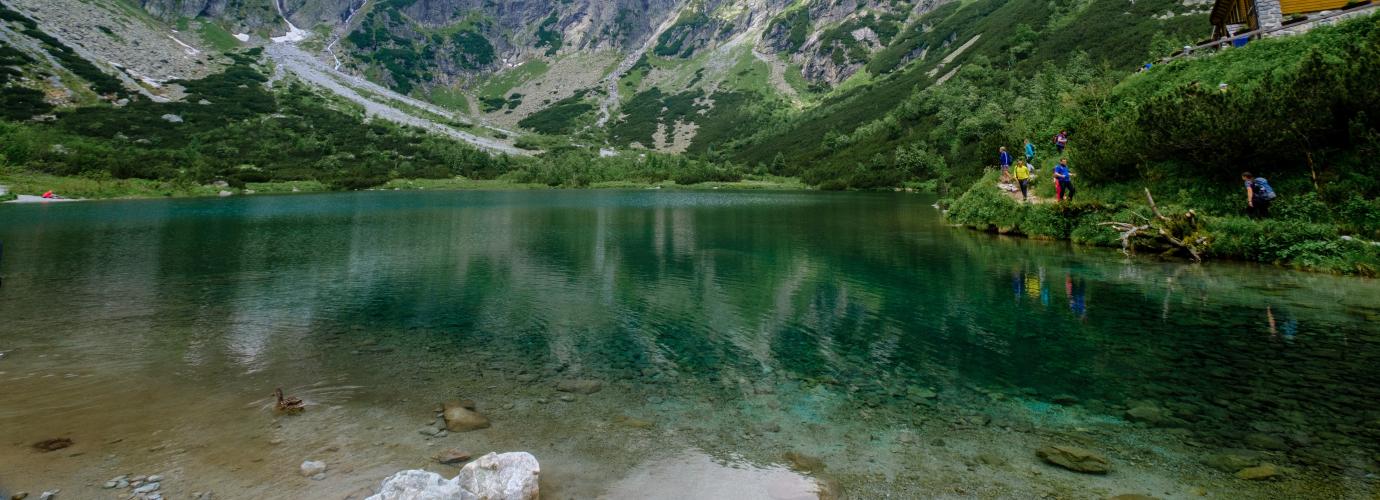Further education is provided by school and non-school educational institutions. Act no. 568/2009 Coll. on lifelong learning (Zákon č. 568/2009 Z.z o celoživotnom vzdelávaní) distinguishes further education providers:
- gymnasia, secondary vocational schools, conservatories, schools for children and pupils with special education needs, basic schools of art, language schools and higher education institutions which offer, in addition to school education, also educational programmes,
- legal entities that are targeted at education and activities directly connected with education,
- natural persons – enterprises that are targeted at education and activities directly connected with education.
The focus of further education in secondary schools and higher educational institutions usually corresponds to the subjects and educational content taught in these institutions. The extent of further education, its forms and educational activities are adapted to the specific requirements of the adult target group.
Non-school institutions which provide education include mainly private educational institutions, company institutes, various non-governmental institutions, civil associations, non-profit organisations and others. These institutions offer non-accredited courses and accredited education programmes for adults to supplement and extend their education or acquire knowledge in special interest areas.
Offices of Labour, Social Affairs and Family (Úrady práce, sociálnych vecí a rodiny) will facilitate education for job applicants. They do so based on the assessment of job applicants’ abilities, work experience, professional skills, achieved level of education, and medical fitness for work. The job applicants are provided free education based on an agreement with the Office of Labour.
A significant part of adult education takes place at the workplace and is paid for by the employer (with the possibility of obtaining financial subsidies, for example from European sources). This mostly includes the development of specialisations, innovation education, or re-qualification. Bigger companies and businesses often have their own teachers and trainers. Smaller businesses often opt for employees’ participation in education in educational institutions.
One of the institutions in adult education and training is also The Academy of Education (Akadémia vzdelávania), a non-state educational institution, with a network of more than thirty centres distributed all over the country. The Academy of Education works as an independent civil association which is simultaneously a member of the European Association for the Education of Adults (EAEA), Association of Institutions of Adult Education in the Slovak Republic (Asociácia vzdelávacích inštitúcií dospelých) and Slovak Society for Quality.

